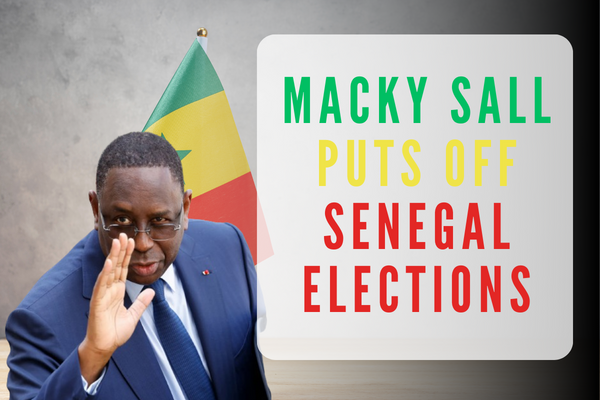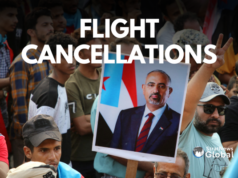Senegal appears to be going down the path towards dictatorship despite a record of peaceful political transition since independence from France in 1960. Witness President Macky Sall, backed by a parliamentary vote, putting off elections due on Feb. 25th to December 15. He claims the postponement is necessary given an electoral dispute between parliament and the judiciary.
But Opposition leaders say what he is doing is tantamount to a “coup.” In the run up to the Feb. 25th election date, Sall has jailed major opposition figures or excluded them from running for the presidency. The buzz is he feared his choice for president, his own prime minister Amadou Ba, would lose to Bassirou Faye of the PASTEF party. So Faye is in jail charged with defamation and contempt of court.
Other politicians have been similarly dealt with: Ousmane Sonko a popular leader of PASTREF is also in jail accused of inciting insurrection. The party has also been dissolved. Karim Wade of the Senegalese Democratic Party is also in jail. People have taken to the streets protesting over the manner in which democracy is being derailed, but Sall remains unmoved.
“We are disappointed in my country,” said Moustapha Kane, a teacher in the capital, Dakar, as the unrest of past days appeared to calm. “We used to be a great democracy. Now we are in danger of being the laughing stock of other countries.”
Senegal’s presidential election has never been postponed. The constitution does empower the Constitutional Council, the highest election authority, to reschedule the vote in certain circumstances including “the death, permanent incapacity or withdrawal” of candidates.
Sall’s manoeuvre’s have undermined the credibility of the West African bloc known as ECOWAS, which has been unable to stop the sudden surge of coups in the region. Burkina Faso, Chad, Guinea, Mali, Niger and Sudan have all seen military generals take charge. The West too has condemned the Senegalese president’s moves. US Senator Ben Cardin, who chairs the Senate Foreign Relations Committee,
The United Nations human rights office spokeswoman Liz Throssell has also expressed its concern about the situation in Senegal and said any decision to postpone elections should be “based on broad-based consultations.”
RELATED LINKS
Traveller, bibliophile and wordsmith with a yen for international relations. A journalist and budding author of short fiction, life is a daily struggle to uncover the latest breaking story while attempting to be Hemingway in the self-same time. Focussed especially on Europe and West Asia, discussing Brexit, the Iran crisis and all matters related is a passion that endures to this day. Believes firmly that life without the written word is a life best not lived. That’s me, Ashwin Ahmad.





